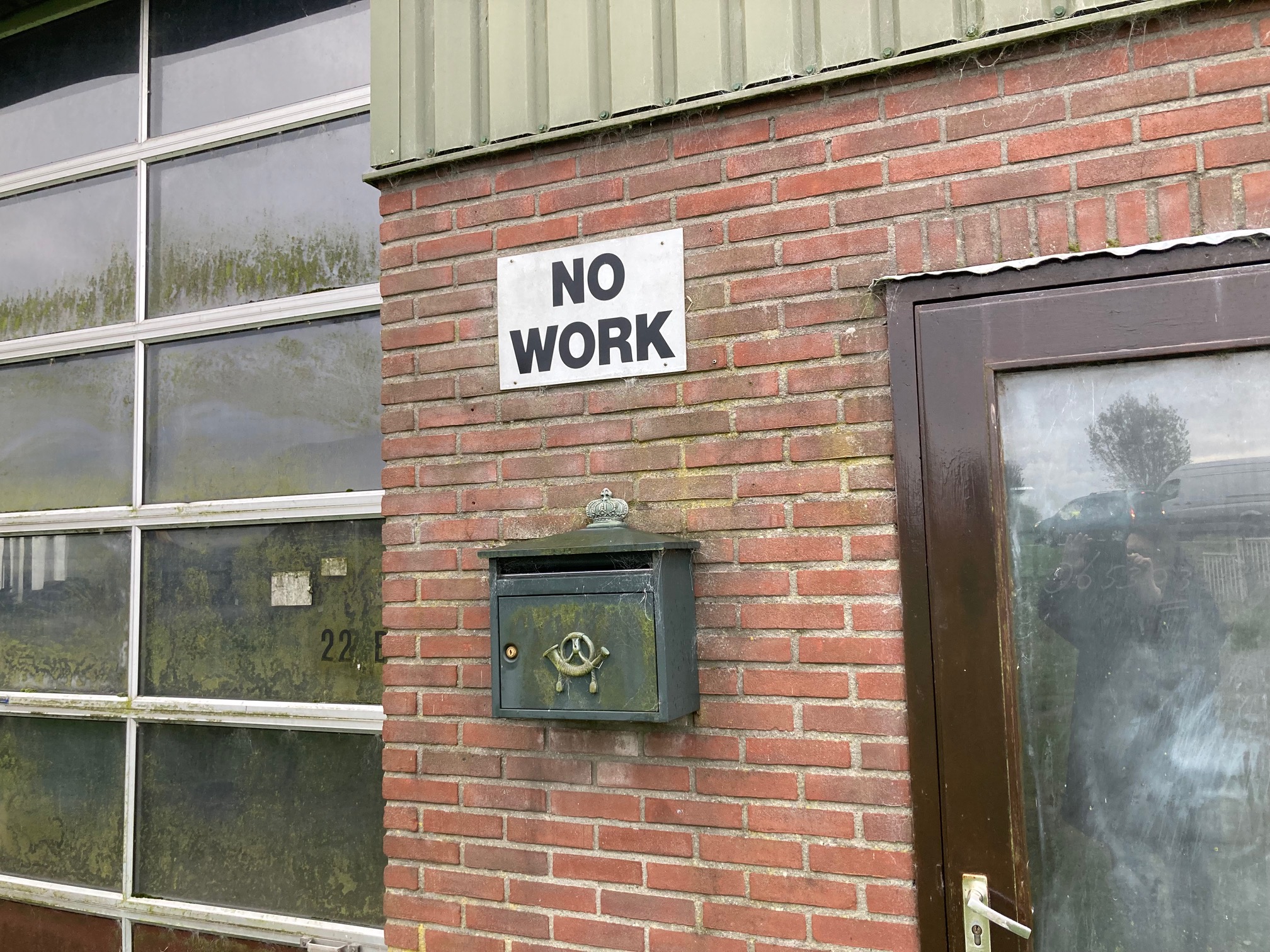New legislation aims to limit flexible contracts, end zero-hours

Long-awaited legislation to strengthen the rights of people on temporary and flexible contracts was published by social affairs minister Eddy van Hijum on Monday.
The bill is intended to give staffing agency workers the same protections as regular employees and to reduce the use of zero-hours contracts.
Instead, the new rules introduce different levels of flexibility, with contracts that specify a minimum and maximum number of hours. Workers must be paid for at least the minimum and can refuse to work beyond the maximum.
Zero-hours contracts will, however, remain legal for students and teenagers who work alongside their studies.
The legislation also extends the break required between three successive temporary contracts and a fourth from six months to five years. Van Hijum hopes this will encourage employers to offer permanent jobs instead.
Around 2.7 million people in the Netherlands currently have some form of temporary or flexible contract, the highest proportion in the European Union. A further 5.5 million people have a permanent job, while 1.5 million are classed as self-employed.
“Insecure work has become a business model for some companies and sectors,” the minister said. “This legislation is directly increasing people’s income security. And we are also making it harder to exploit people through revolving-door or temporary employment arrangements.”
The measure builds on the previous government’s efforts to gain better control over the jobs market, following official recommendations made several years ago.
In 2020, the Borstlap commission said the Netherlands needed to take “drastic steps” to reform the labour market in order to maintain its current level of prosperity.
Van Hijum hopes the legislation will come into force in 2027 if it is approved by both houses of parliament.
Thank you for donating to DutchNews.nl.
We could not provide the Dutch News service, and keep it free of charge, without the generous support of our readers. Your donations allow us to report on issues you tell us matter, and provide you with a summary of the most important Dutch news each day.
Make a donation